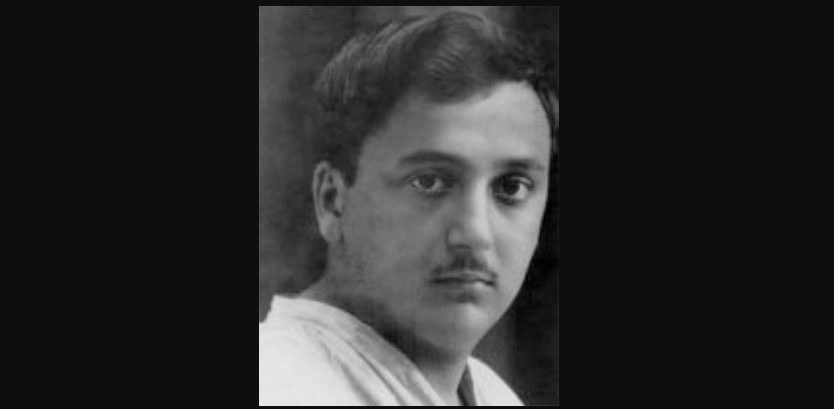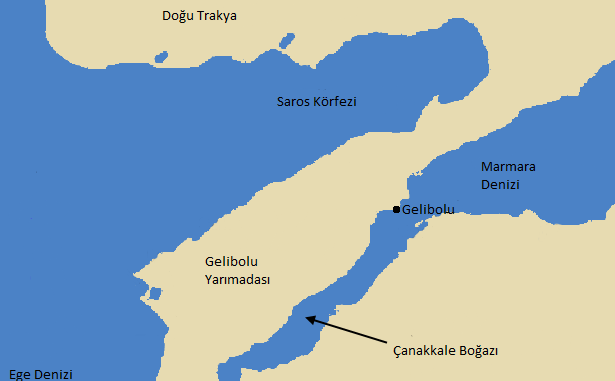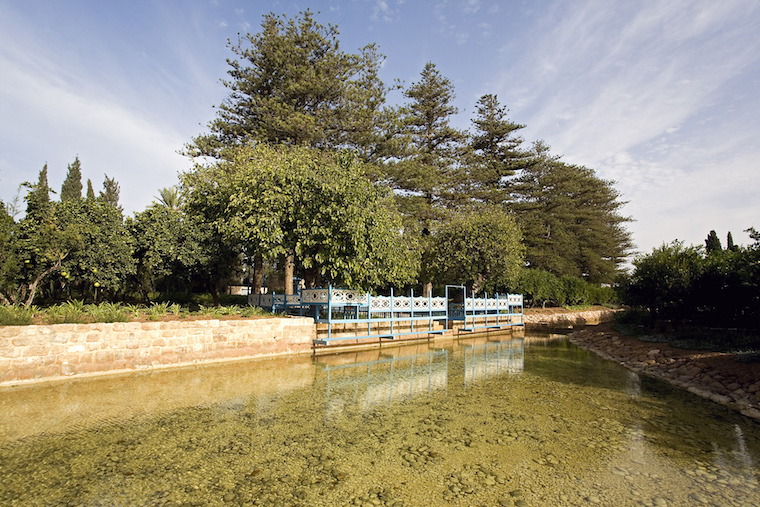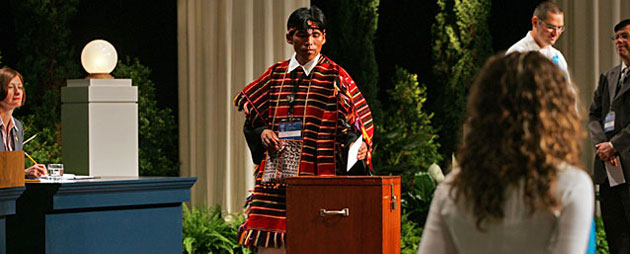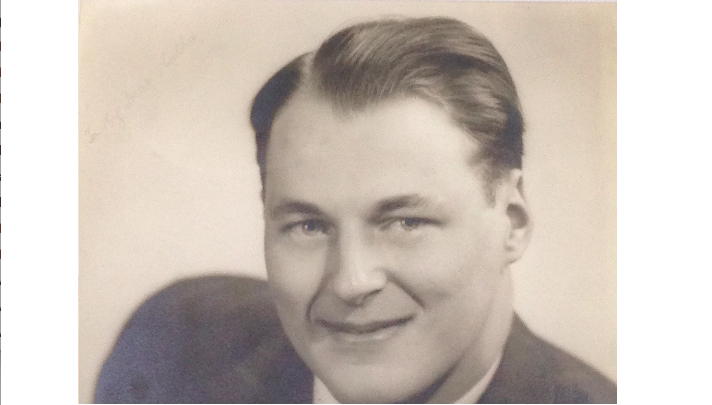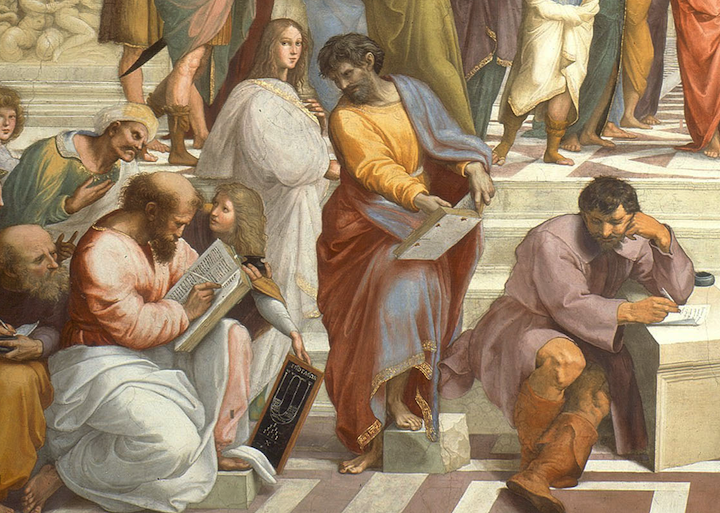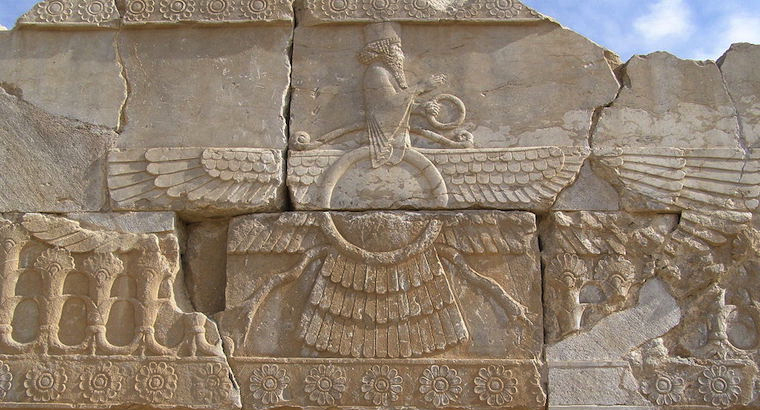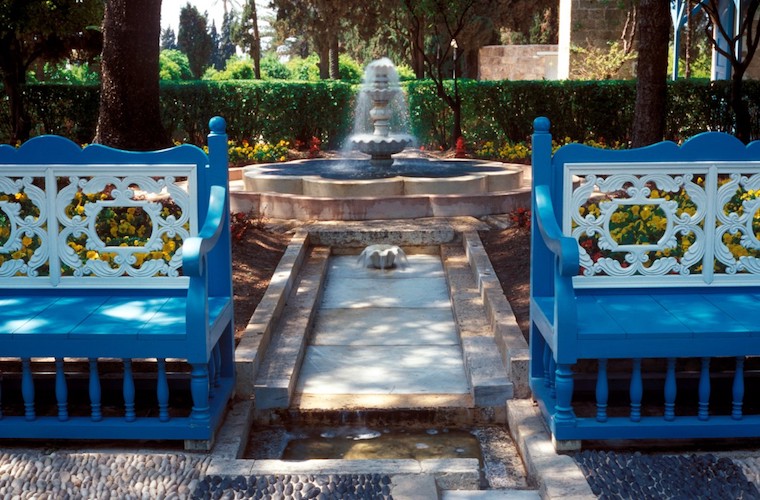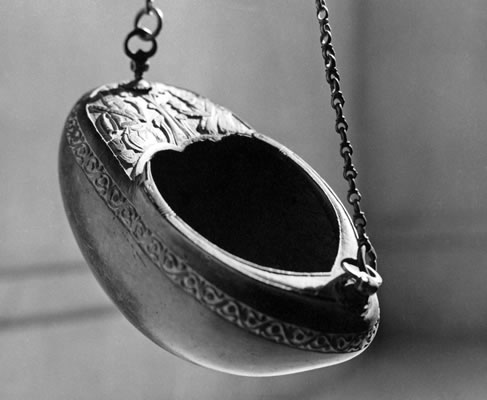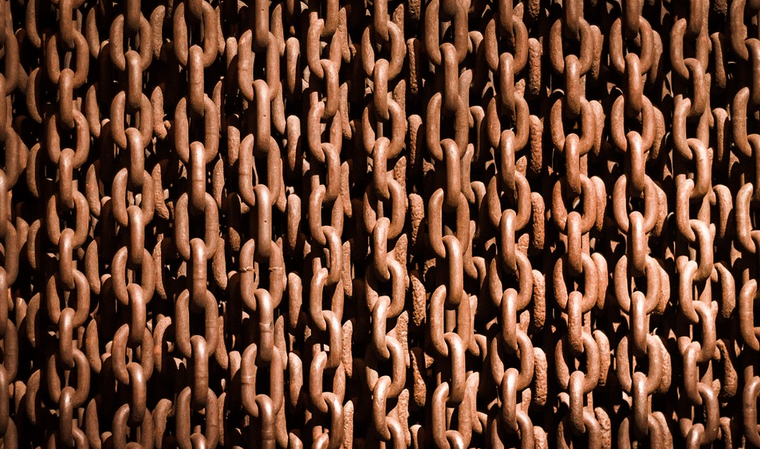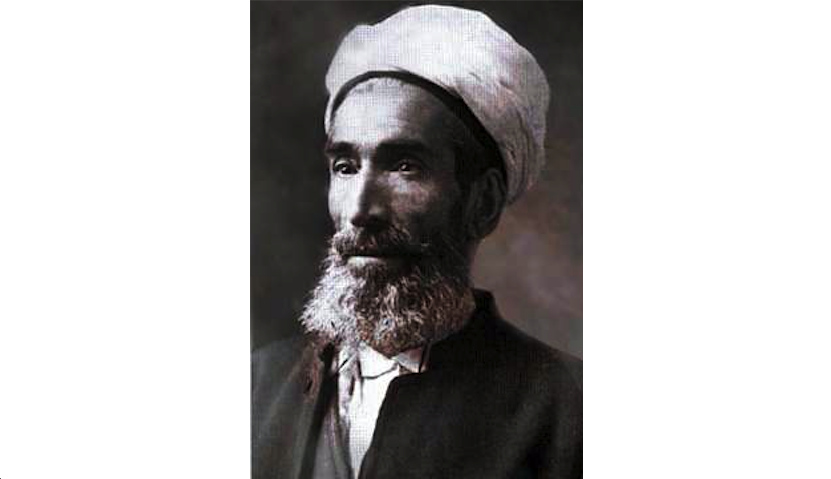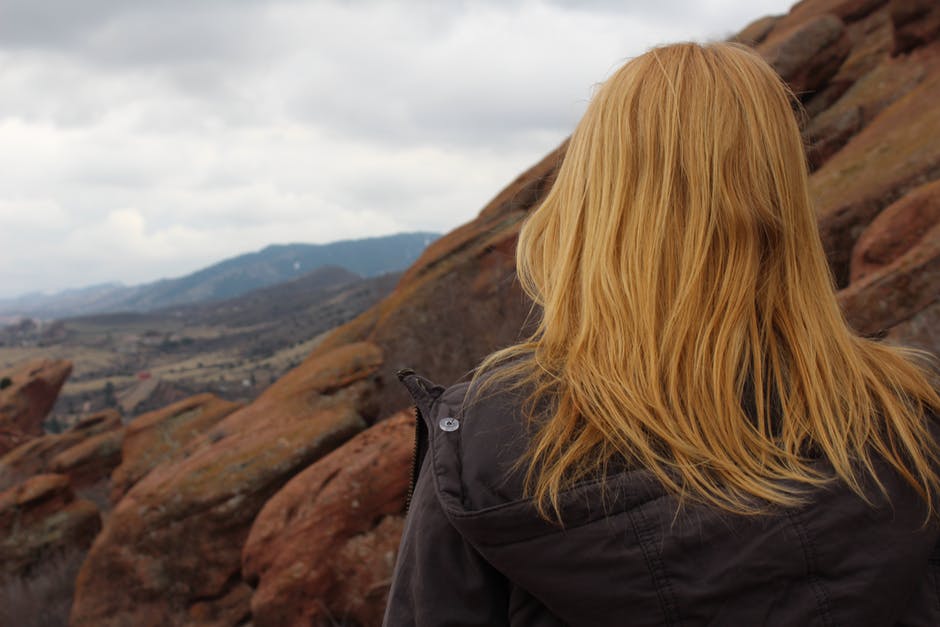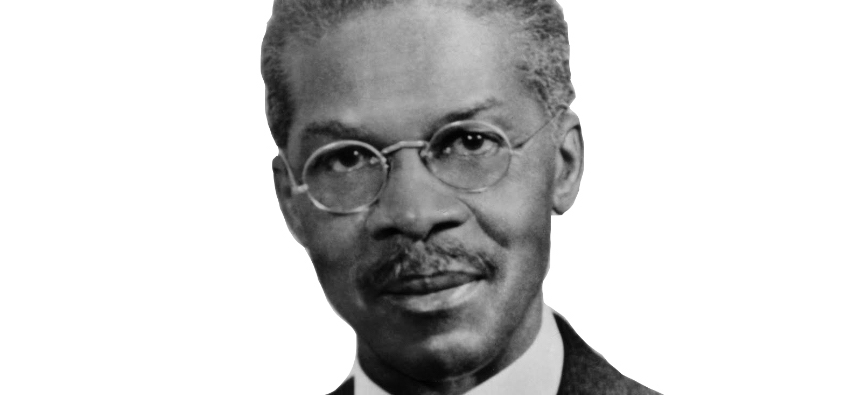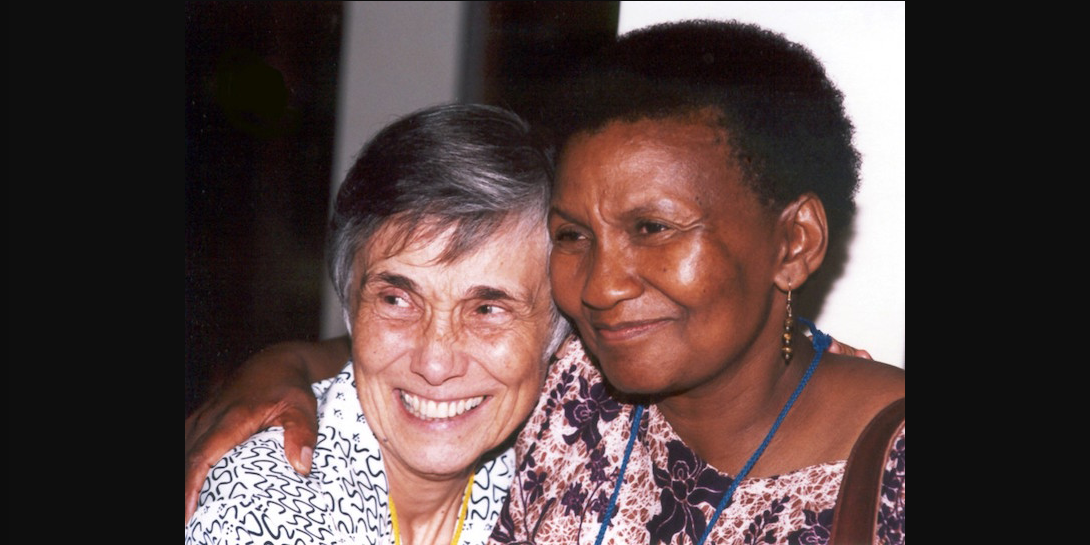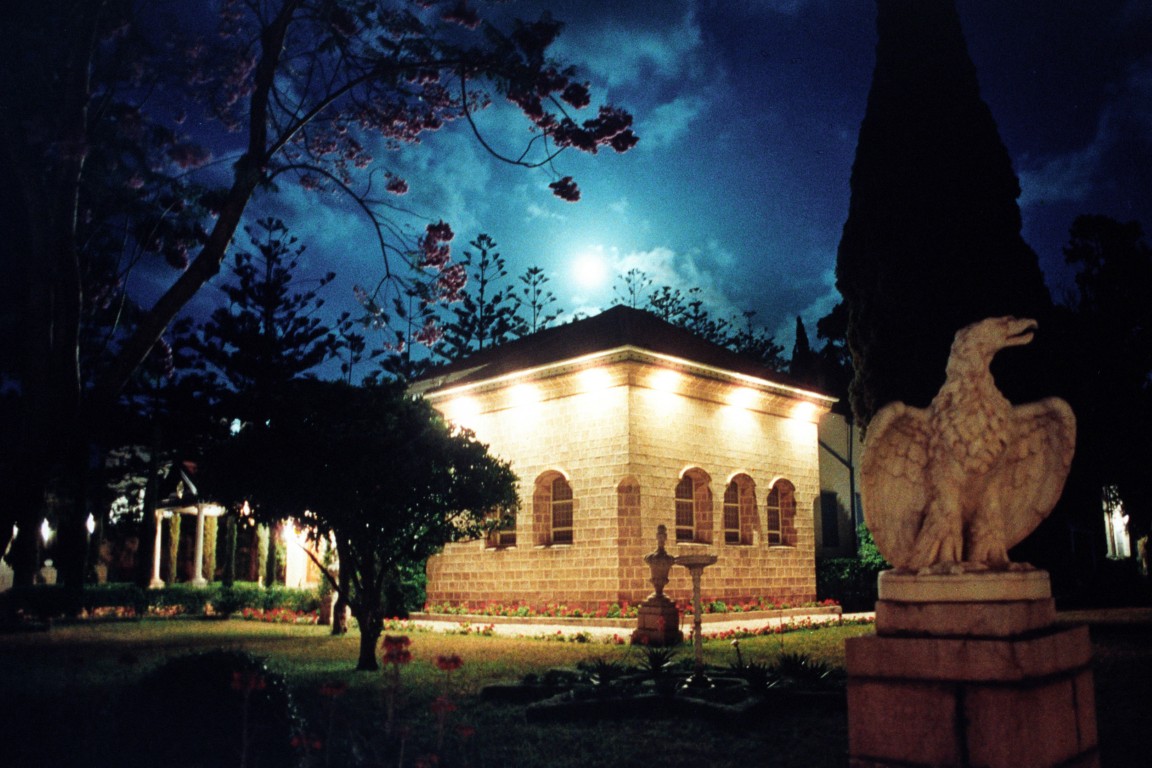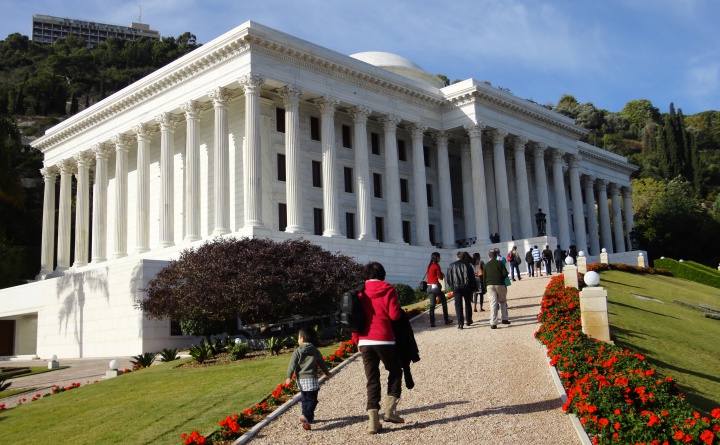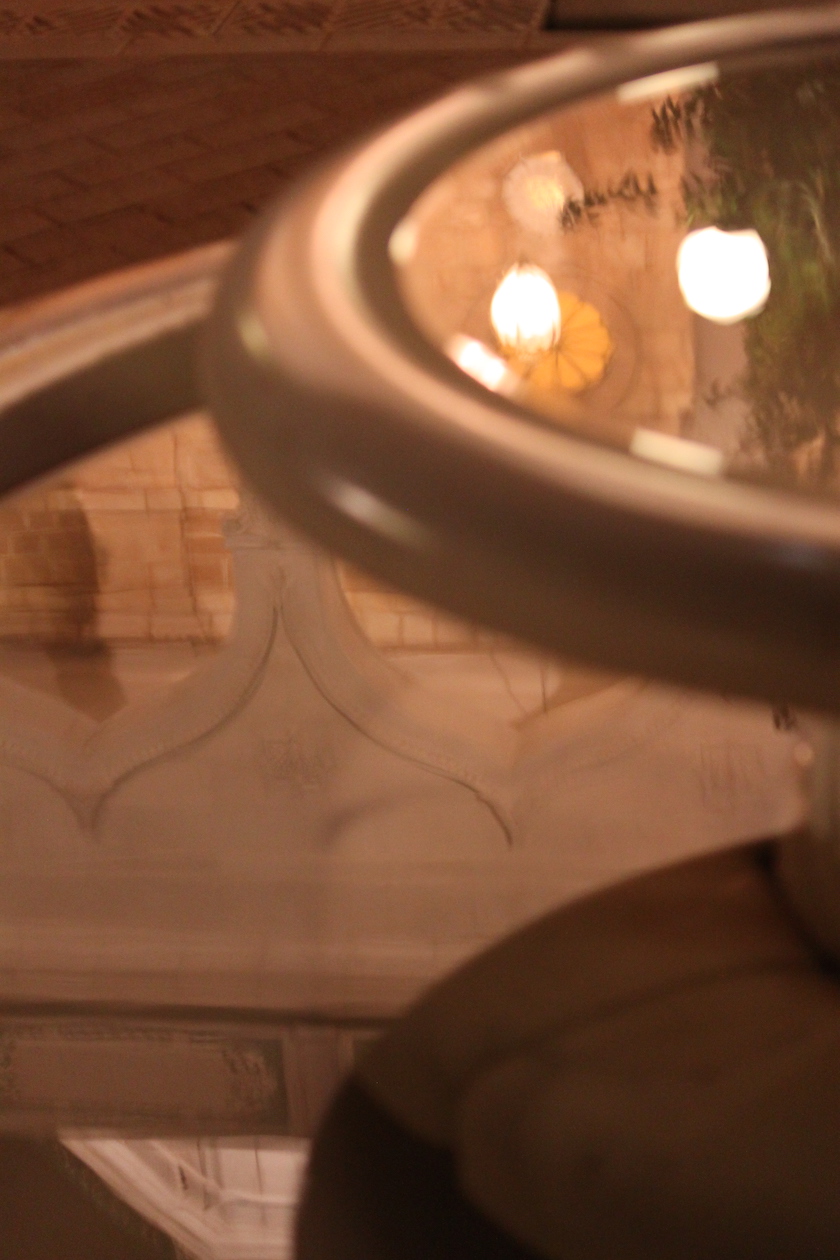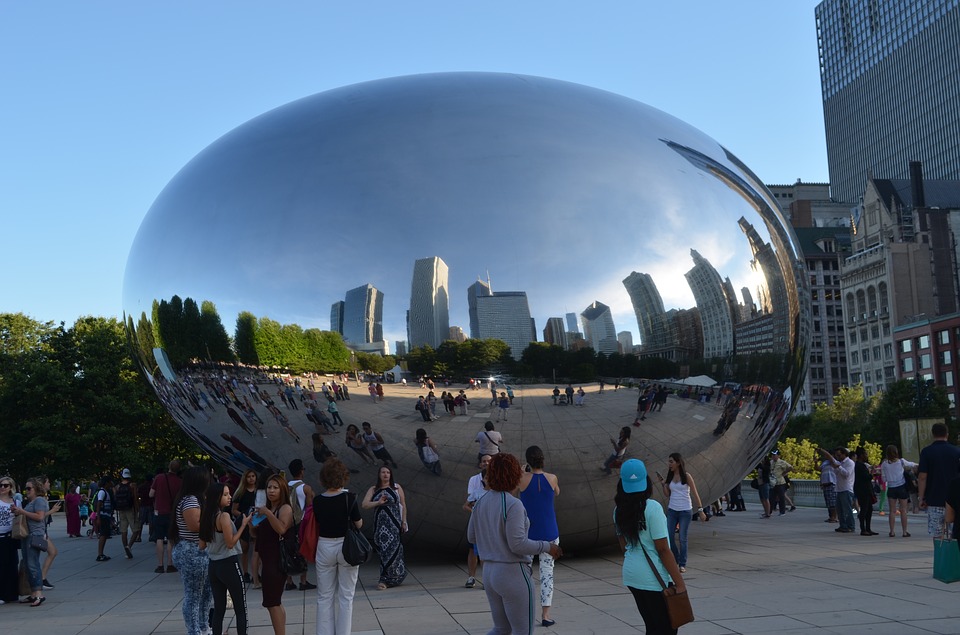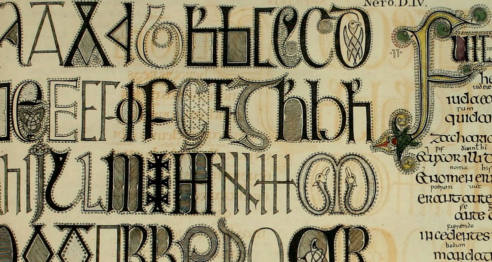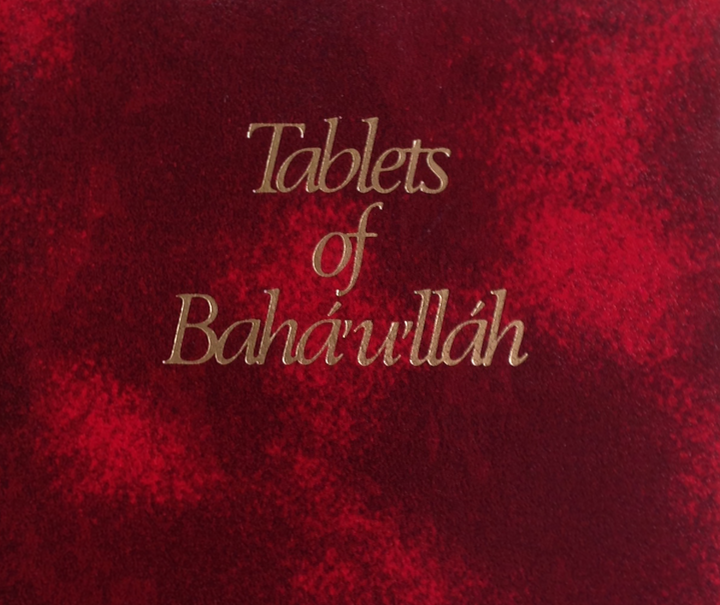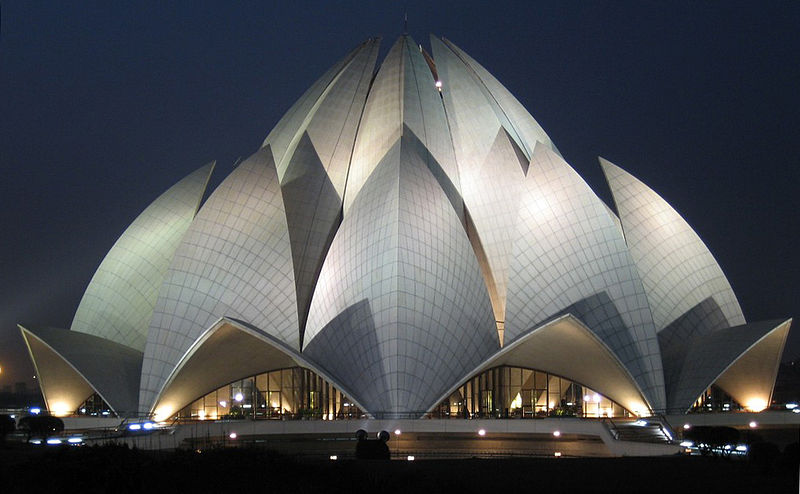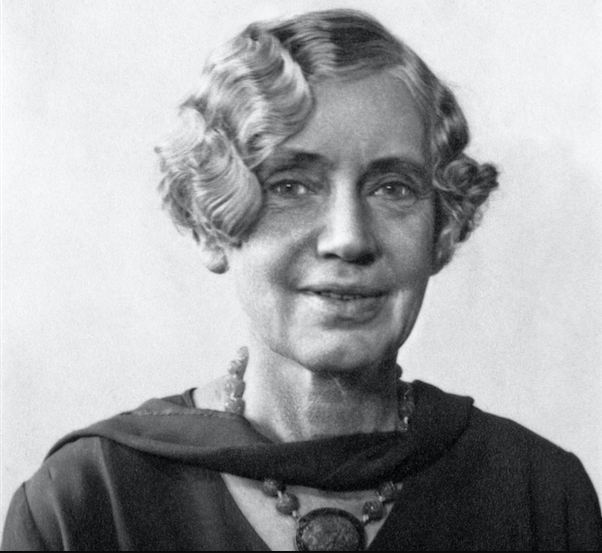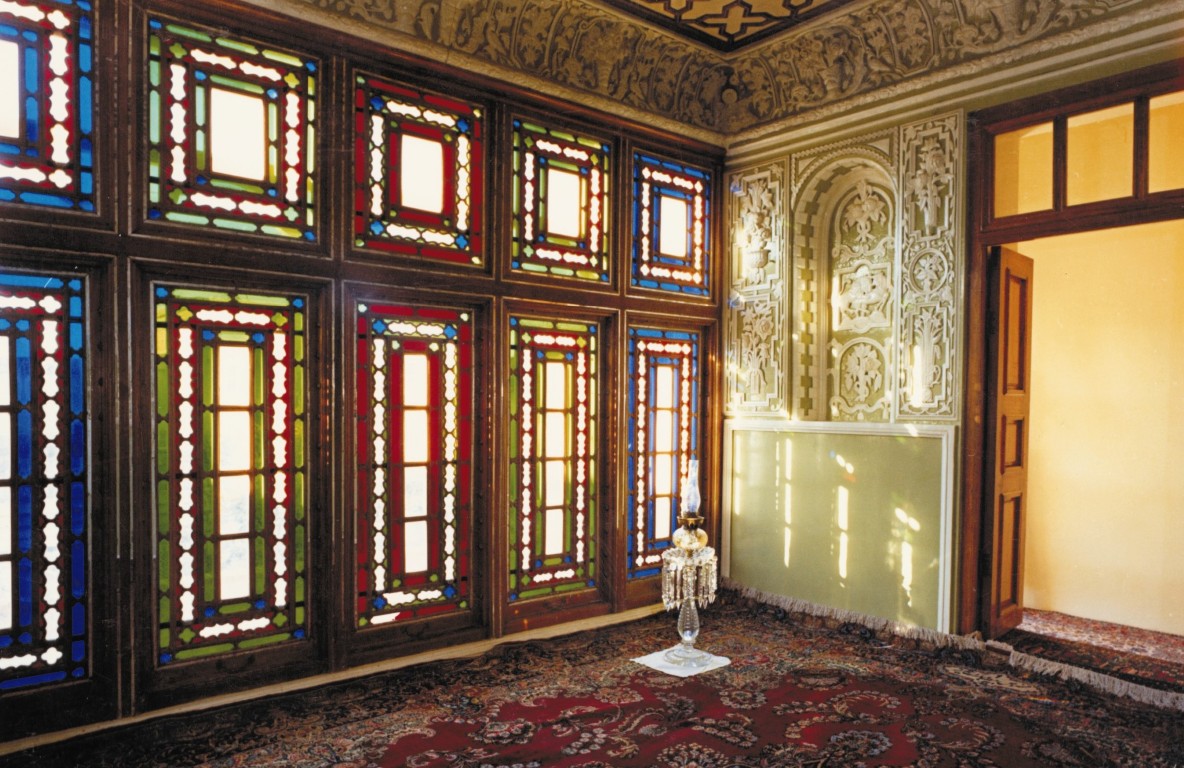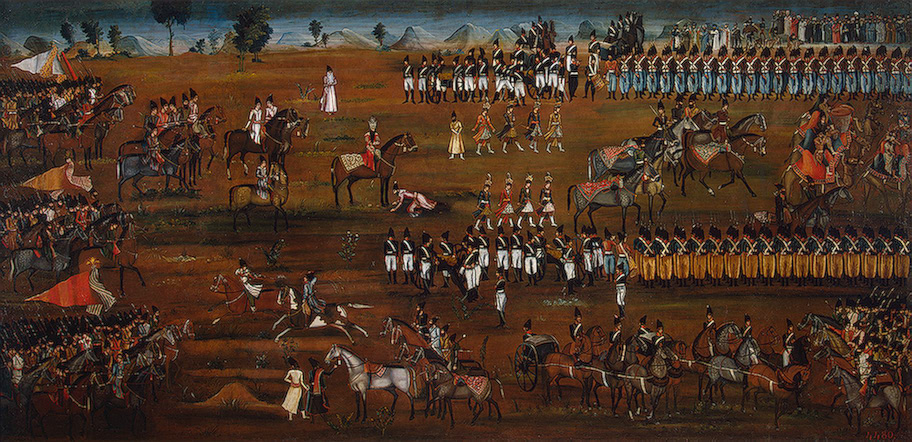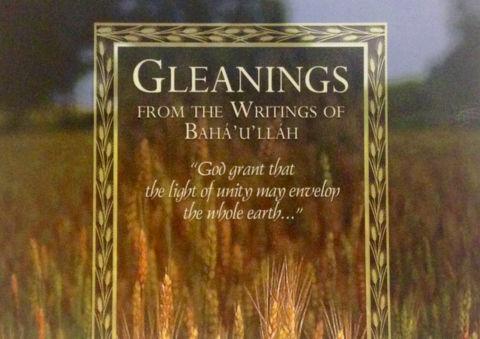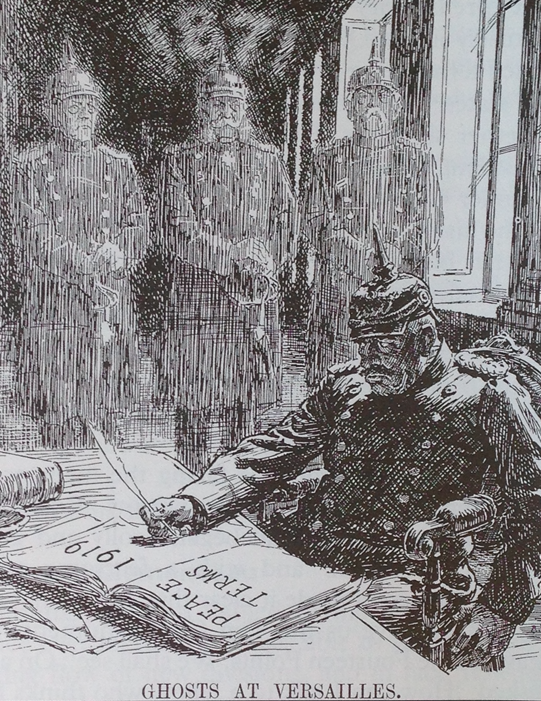-
Shoghi Effendi – A Transcendent Life
Shoghi Effendi served as Guardian of the Baha’i Faith from 1921-1957. As we have already seen, it was not a role he envisaged undertaking. It was a role he fulfilled magnificently. His life’s work stands at the sunset of what Shoghi Effendi himself defined as the heroic age of the Baha’i Faith. The time when spiritual heroes such as the Bab, Baha’u’llah, Tahirih, Mulla Husayn, Quddus and Abdu’l Baha walked the Earth and gave birth to a new religion. Shoghi Effendi guided the Baha’i community through the beginnings of the “Formative Age” – a time when quill and donkey transitioned to typewriter and motorcar. With Shoghi Effendi, we definitively enter the modern world. Even in his dress…
-
Baha’i Elections
As explored in the article on religious institutions, Baha’i decision making bodies are elected bodies. So what do Baha’i elections look like? Perhaps our experience of elections isn’t very “spiritual” – their focus on exaltation of the individual – the tendency for the electoral contest to polarize a community – and a process with often draws out the worst in the “combatants”. Such patterns aren’t of course coherent with the Baha’i teachings – and aren’t present in Baha’i elections. What does a democratic process look like when carried out in a spiritual environment? A short description of the experience helps. We are in a hall. Delegates and Baha’is who wish to attend have gathered for the…
-
Three Protagonists Generating the Future: Individual, Community and Institutions
The title to this article draws on a concept described in letters of the Universal House of Justice to the Baha’i community – that there are three protagonists (three actors): individual, community and institutions; from whose interactions the future emerges. In the previous three articles we have examined Bahá’u’lláh’s reforms to religious institutions, the kind of community life the Baha’i community is working to foster and the role of the individual. Working towards a new relationship between these three actors is connected with Bahá’u’lláh’s vision both of the time in which we live (the era of human maturity) and his vision of the oneness of humanity. The increasing difficulty in…
-
An Empowering and Supportive Community Life
In previous articles we have looked at how Baha’u’llah reforms religious institutions as consultative institutions with a duty to foster human well-being. We have also seen how the individual is framed by Baha’u’llah as an active citizen who is a partner in fostering human well-being. How then does community life change? Sometimes religious community life is viewed as being judgemental, oppressive and divisive. And while such patterns can be observed from time to time they aren’t inherent in the core essence of religious teachings. And they are incoherent with Baha’u’llah’s vision and rare in Baha’i experience. But even absence of these negatives is not sufficient. Thus writing in 2010, the Universal House of Justice presents…
-
The Individual in the Era of Human Maturity
As foreshadowed in yesterday’s article – Baha’u’llah’s teachings carry implications for the role of the individual. Indeed Baha’u’llah’s teachings empower the individual as an active participant in religious and social life. In his will and testament Baha’u’llah defines our time as follows: Great and blessed is this Day—the Day in which all that lay latent in man hath been and will be made manifest. As we have noted Baha’u’llah does not provide for any kind of clergy. Historical practices elevating an individual leader and fostering individual power over indviduals and comunities are also removed. Baha’u’llah thus prohibits the kissing of hands.[1] He prohibits seeking forgiveness from another human beings.[2] He abolishes the use of…
-
Religious Institutions for the Era of Human Maturity
Bahá’u’lláh established a new faith. What would its institutions be like? In accordance with the wide ranging reforms across Bahá’u’lláh’s teachings – the religious institutions he designed are entirely new. In this article, these institutions are described. Future posts will explore complementary transitions in the nature of community life and the role of the individual. These also change in the age of maturity – as does the relationship between each of these three actors in society. Bahá’u’lláh does not adopt familiar religious models for the religious institutions he establishes. Indeed it is itself unique that he explicitly establishes, in his own writings, the institutions that are to administer the Baha’i community…
-
Newspapers – Mirror of the World
Newspapers and their more recent digital descendants are the lens through which we see the world. Recently the role of the media has been a subject of intense public scrutiny. Baha’u’llah commented on newspapers in the 19th century. In this Day the secrets of the earth are laid bare before the eyes of men. The pages of swiftly-appearing newspapers are indeed the mirror of the world. They reflect the deeds and the pursuits of diverse peoples and kindreds. They both reflect them and make them known. They are a mirror endowed with hearing, sight and speech. This is an amazing and potent phenomenon. However, it behooveth the writers thereof to be…
-
Louis Gregory – Service to the Oneness of Humanity
Slavery was not a tale read from dusty history books for Louis Gregory. It was a close family memory. Louis Gregory was born in 1874. Both Louis’ parents had been freed from slavery by the civil war. His grandmother on his mother’s side, was an African transported to America as a slave in the Atlantic slave trade, and his grandfather was her white master. When Louis was four his father died. At age 7, Louis Gregory witnessed the murder of his African American grandfather by the Ku Klux Klan, because of his grandfather’s success as a blacksmith. At age 17 Louis lost his mother, who died in child birth. From these difficult beginnings, his life began…
-
Gleanings from the Writings of Bahá’u’lláh
When Shoghi Effendi was a young man at Oxford University, he didn’t imagine that he would become the leader of the faith which his great grandfather – Bahá’u’lláh – had founded. What Shoghi Effendi wanted to do was translate the Baha’i writings into English. Accordingly, he was focussed on acquiring a mastery of English sufficient to adequately translate Bahá’u’lláh’s writings. Despite the many duties of his office as Guardian of the Baha’i Faith, an office he held from 1921 until his passing in 1957, Shoghi Effendi found time to realise the dream of his youth. One of his gifts to the Baha’i community, was an anthology of selections from Bahá’u’lláh’s writings known as Gleanings from the…
